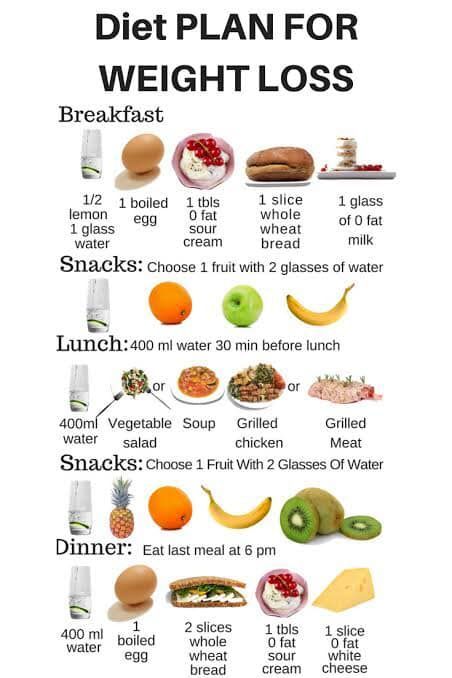The Ultimate Weight

When it comes to shedding extra pounds, the key to success lies in following a structured and sustainable weight loss diet plan. Crash diets and quick fixes may offer temporary results, but lasting weight loss requires a balanced approach that focuses on healthy eating, portion control, and long-term lifestyle changes. In this guide, we’ll explore how to create an effective weight loss diet plan that supports fat loss without compromising your health.
What is a Weight Loss Diet Plan?
A weight loss diet plan is a strategic meal schedule designed to create a calorie deficit, meaning you consume fewer calories than your body needs to maintain its current weight. This forces your body to burn stored fat for energy. However, not all calories are created equal. The quality of your food matters as much as the quantity.
A good diet plan should include:
Nutrient-dense foods
Adequate protein intake
Healthy fats and complex carbs
Consistent hydration
Structured meal times
Key Principles of a Successful Weight Loss Diet Plan
1. Calorie Deficit is Essential
To lose weight, you must eat fewer calories than you burn. A safe calorie deficit ranges from 300 to 500 calories per day, which leads to a weight loss of about 0.5 to 1 kg per week. Avoid extreme calorie cutting as it can slow metabolism and lead to nutrient deficiencies.
2. Balanced Nutrition Over Restriction
Your body needs essential nutrients to function properly. Rather than eliminating entire food groups, focus on balanced nutrition. Include:
Lean protein: chicken, fish, tofu, eggs
Healthy fats: nuts, seeds, olive oil, avocado
Complex carbohydrates: oats, quinoa, sweet potatoes, brown rice
Fruits and vegetables: rich in vitamins, minerals, and fiber
3. Choose Fat Burning Foods
Certain foods can boost metabolism and support fat loss. Add these fat burning foods to your daily meals:
Green tea
Chili peppers (capsaicin)
Apple cider vinegar
High-protein foods
Fiber-rich vegetables
These support satiety, reduce cravings, and may slightly increase calorie burn.
4. Control Portions and Avoid Empty Calories
Even healthy foods can lead to weight gain if eaten in excess. Practice portion control and avoid high-calorie, low-nutrient foods such as sugary snacks, fried items, and soda. These provide quick energy but little nutritional value.
Sample 7-Day Weight Loss Diet Plan
Here’s a simple meal plan idea to get you started. Modify portion sizes based on your personal calorie needs.
Day 1:
Breakfast: Greek yogurt with berries and chia seeds
Lunch: Grilled chicken salad with olive oil dressing
Snack: Apple with almond butter
Dinner: Baked salmon with quinoa and steamed broccoli
Day 2:
Breakfast: Oatmeal with banana and cinnamon
Lunch: Turkey wrap with whole grain tortilla and greens
Snack: Carrot sticks and hummus
Dinner: Stir-fried tofu with vegetables and brown rice
Day 3 to 7: Repeat similar meals with variations to avoid boredom. Swap proteins, try different vegetables, and experiment with herbs and spices.
Low Carb Diet for Weight Loss
Many people find success with a low carb diet, which reduces insulin levels and encourages fat burning. Focus on high-protein, high-fiber foods and limit processed carbs like white bread, pasta, and sugary cereals.
Low-carb options include:
Zucchini noodles instead of pasta
Cauliflower rice
Leafy green wraps instead of bread
Eggs and avocado for breakfast
However, low carb isn’t for everyone. Listen to your body and consult a nutritionist if needed.
Hydration and Lifestyle Matter Too

Drinking enough water supports digestion, reduces cravings, and helps control appetite. Aim for 8–10 glasses a day. Combine your diet with:
Regular exercise (cardio and strength training)
7–8 hours of quality sleep
Stress management through yoga or meditation
Final Thoughts
A smart, sustainable weight loss diet plan is not about starving yourself or following the latest fad. It’s about making consistent, informed food choices that fuel your body while helping you burn fat. By focusing on balanced nutrition, incorporating fat burning foods, and maintaining a calorie deficit, you can achieve and maintain a healthy weight for the long term.